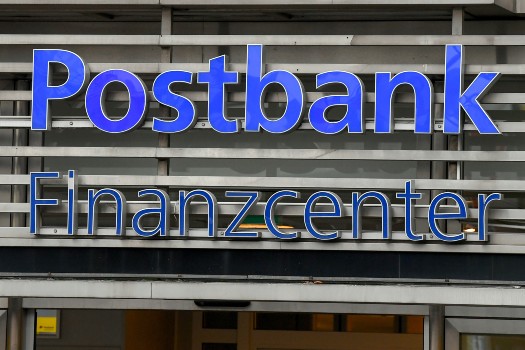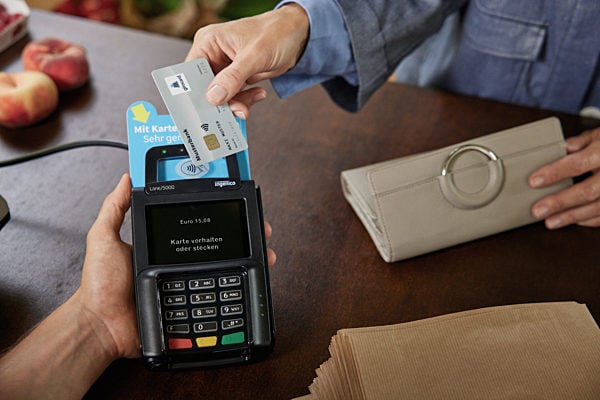The federal High Court (BGH) announced on Tuesday that it was not permissible for Postbank to change its terms and conditions based on a clause which stated that the customer’s consent would be assumed unless they expressly rejected the new terms.
The BGH ruled that “clauses in a bank’s general terms and conditions are invalid that assume the customer’s consent to changes in the general terms and conditions.”
The national consumer rights organization (VZBZ) had taken the bank to court because of the clause.
Postbank is far from the only bank to have such a clause, according to Der Spiegel. Most German banks have either exactly the same clause or one that has the same effect.
The clauses have been used by banks to increase account fees without expressly gaining the consent of the customer.
The ruling, coming from the country’s highest court, will have a wider impact than simply on this specific case.
According to the website finanztip.de customers can now reclaim all bank fees that have been introduced without the express consent of the customer since the start of 2018.
In other words, if you opened a bank account without having to pay fees for it and the bank subsequently started charging fees, you are likely to be entitled to compensation. The only circumstances under which you are not entitled to such compensation are when you signed a document giving your express consent to the new fees.
Finanztip has created a model letter (in German) that you can use to claim the wrongly charged expenses from your bank. They also say that you are entitled to charge interest on the fees.
According to Der Spiegel, two things are likely to happen when you request repayment from the bank.
Either the bank will say that it was surprised by the decision but will immediately consent to the repayment. It will then inform you of new fees to be paid on your account and ask you to sign a consent form, stating that your account will be cancelled if you do not do so.
You can either sign the form or look for a cheaper account elsewhere.
It is also possible that the bank will claim that the ruling does not cover the specific fees that were charged on your bank account.
In this case you can contact the bank ombudsman and request that they pursue the case for you. There are no costs involved in recruiting the services of the ombudsman.
SEE ALSO: How post-Brexit bank changes could affect British people in Germany



 Please whitelist us to continue reading.
Please whitelist us to continue reading.
Member comments